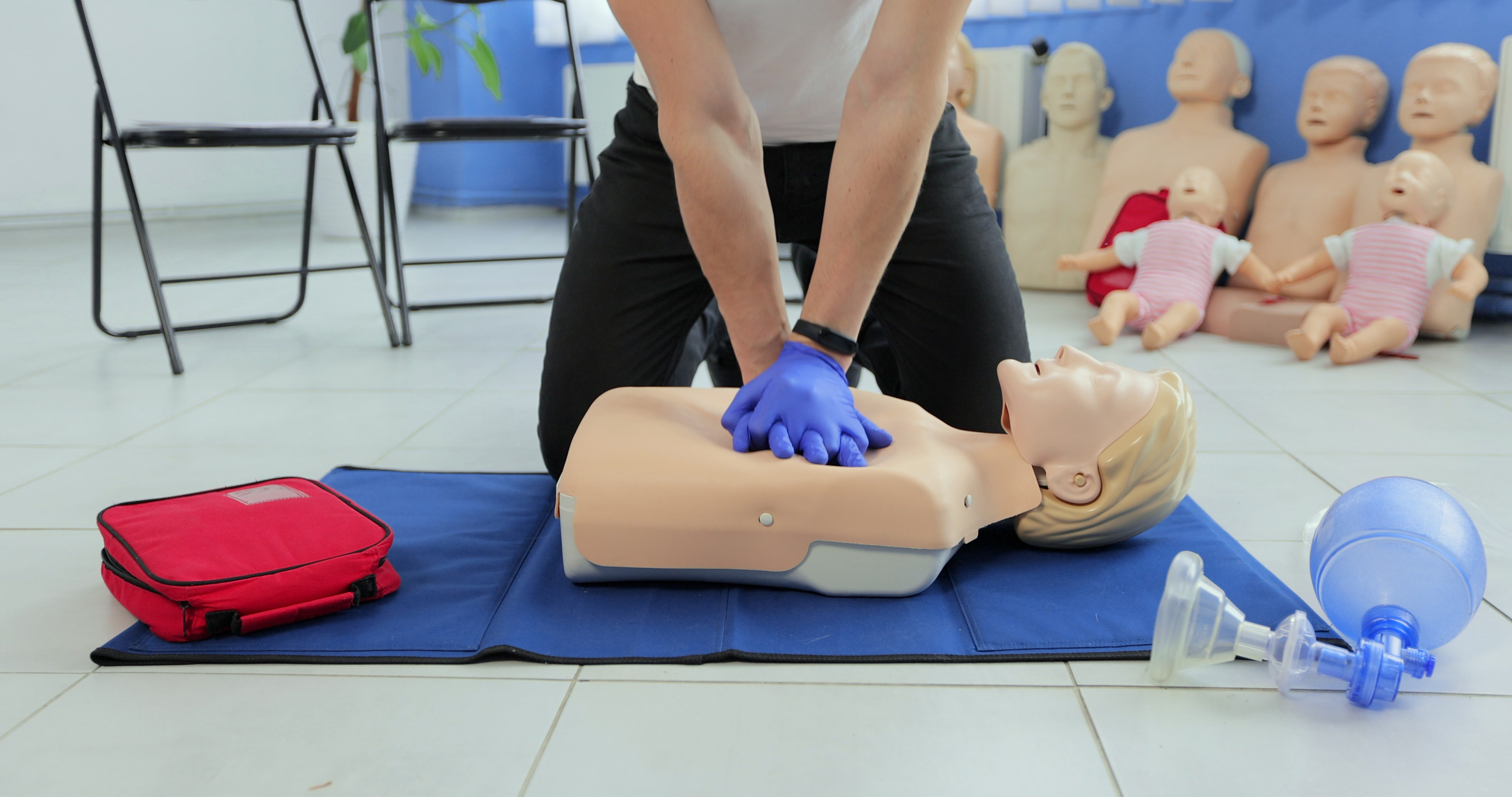Researchers believe a crucial feature lacking from most CPR manikins may be the reason women are less likely to receive lifesaving resuscitation from bystanders after suffering cardiac arrest.
Women are 14 per cent less likely than men to receive cardiopulmonary resuscitation (CPR) and are more likely to die in the aftermath.
A research team from Bond University suspects the disparity is due to 95 per cent of manikins not having breasts or being flat-chested.
READ MORE: Katy Perry wins trademark battle against Aussie fashion designer

"Previous studies have shown that some bystanders fear providing CPR to women in out-of-hospital environments due to fear of being accused of assault, or for cultural reasons," Dr Jessica Stokes Parish said.
She said CPR training on manikins with breasts may help break down the stigma.
Of 20 CPR manikins on the market, the study found eight were identified as male, seven had no gender or sex specified (all of these had flat chests), and the remaining five manikins were female but only one of them had breasts.
Ironically, the world's first CPR manikin, introduced in 1960, was modelled on a female – a dead teenager who was found floating in the Seine in Paris.
Dr Stokes Parish, who is an expert in simulation-based medical training, said the research provided an opportunity to think about how first aid is trained and what equipment is used.
"All simulation-based training should aim to be equitable, best practice, and result in improved health outcomes for all, regardless of sex, gender, age, or ethnicity," she said.
She said companies were beginning to release female CPR manikins and trainers
"There are companies out there working to rectify this problem including Prestan, a company which has just released female CPR manikins, and Paeds Education, a first aid company that adds their own breasts to CPR trainers so that the workshops are more educational."
"It's a step in the right direction but we have a long way to go."
from 9News https://ift.tt/yOG40Xa
via IFTTT
Comments
Post a Comment